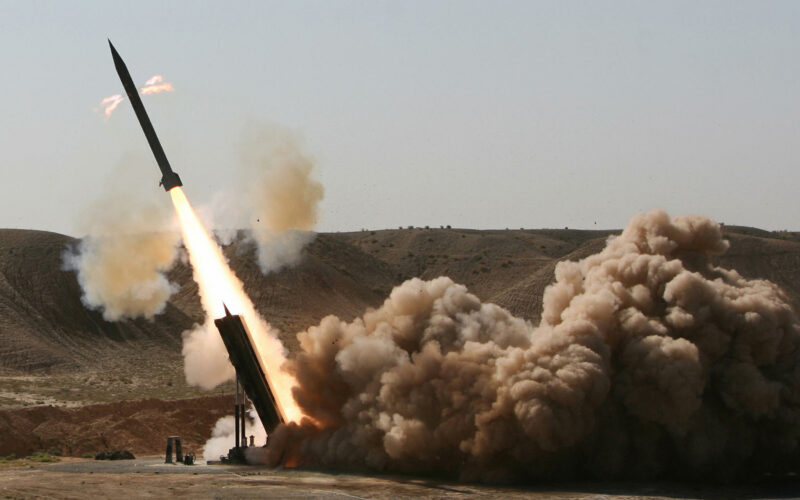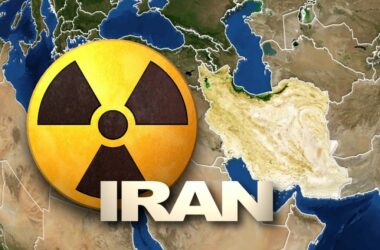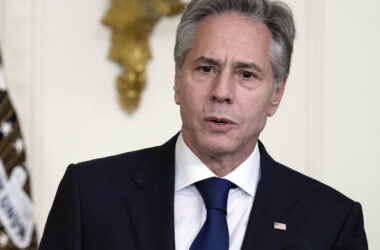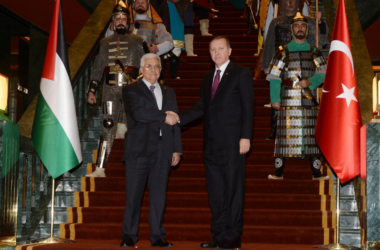In the aftermath of Iran’s recent attack on Israel, a notable shift in the Middle East conflict landscape has been underscored, prompting concerns of potential escalation into a broader regional conflict, according to insights from Chatham House’s Middle East director.
Sanam Vakil, based at the London-centered think tank, emphasized the significance of Iran’s assault, characterizing it as a departure from previous patterns and potentially laying the groundwork for a wider conflict. Vakil emphasized the inevitability of an Israeli response, highlighting the complexity of the situation and the risks associated with further escalation.
Iran’s deployment of over 300 drones and missiles targeting Israeli military sites in response to earlier Israeli strikes in Syria has amplified tensions between the two adversaries. While the attack was anticipated to some extent, it has presented Israel with an opportunity to reshape its narrative, particularly following its recent military actions in Gaza.
However, Vakil cautioned that any Israeli counteroffensive carries the risk of intensifying the conflict, potentially drawing in regional allies and transforming the confrontation into a more overt and direct conflict.
Vakil’s assessment of the situation underscores the gravity of the current crisis in the Middle East. With the United Nations urging de-escalation and international actors closely monitoring developments, the focus shifts to the response from the United States and its Western allies.
President Joe Biden’s stance on the issue is particularly scrutinized, given its potential impact on domestic politics. While reaffirming support for Israel, Biden has emphasized a reluctance to engage in a direct military confrontation with Iran. However, the delicate balance between supporting allies and avoiding entanglement in broader conflicts remains a challenge for the Biden administration, especially in the lead-up to the U.S. presidential election.
As international leaders urge restraint and de-escalation, the Middle East stands at a critical juncture, with the potential for significant geopolitical repercussions.








